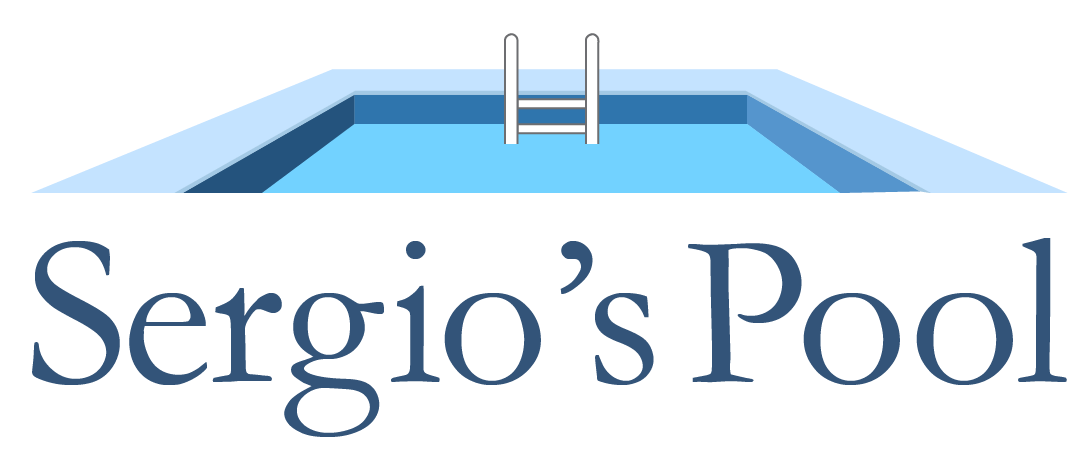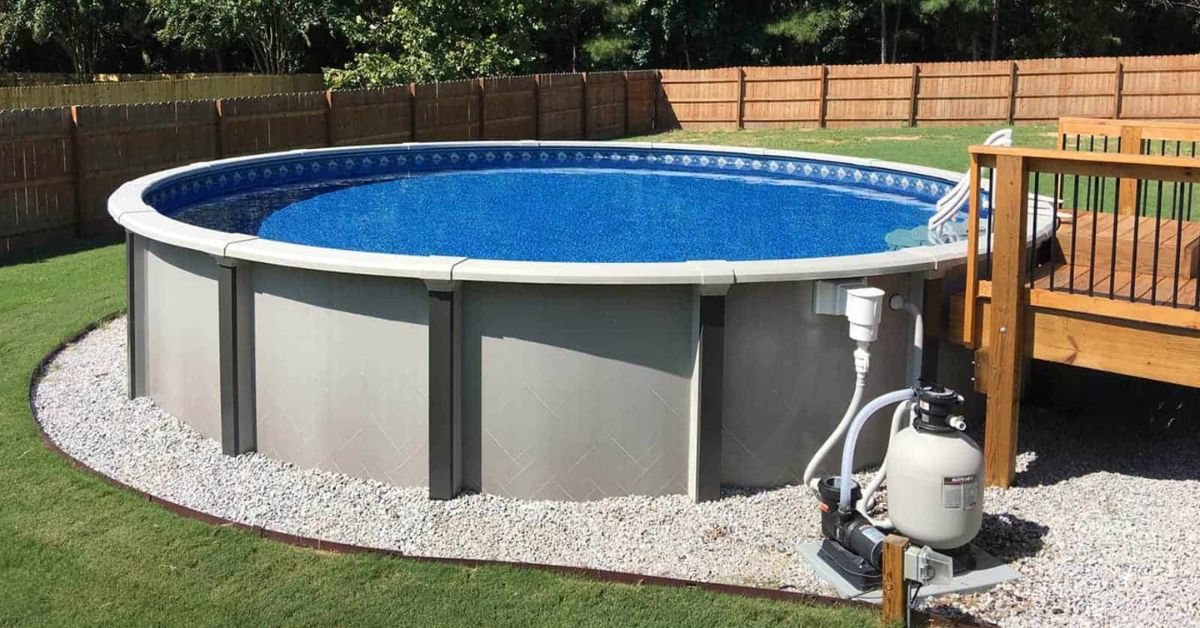A few longer weeks or months in your above-ground pool can result in even more cool laps and soothing dips. But how can you maintain your pool warm enough to swim even when the temperature drops? Fortunately for you, there are numerous fantastic options to try.
We’ll guide you through the most efficient, cost-effective, easy-to-install, and even visually appealing heating alternatives available today. This blog ensures you’ll know exactly which heater is best for your above ground pool maintenance.
Continue reading to find out everything you need to know!
How to Heat an Above Ground Pool
There are six efficient ways of heating the above-ground pools. We are going to discuss them in detail and tell you about their pros and cons so that you can make an informed decision. Here are the following ways.
Gas Heater to Heat Above Ground Pool
A gas water heater is the fastest and most dependable option. Gas or propane water heaters can raise your pool’s temperature by more than 30 degrees Fahrenheit. Your heater will be located exactly next to your pool. Using a pump, it will take water into the box-shaped unit, heat it, and then return the heated water to the pool on a loop. If you’re fussy about the heat in your pool, consider gas water heaters, which allow you to control the temperature.
- Pros of Gas Heater: The most efficient and reliable pool water heater throughout the year, regardless of location or pool size.
- Cons of Gas Heater: Constant energy costs to run your pool heater. This solution may be less expensive in the short term, but it will cost more in the long run.
Monthly costs range between $2,000 and $2,800, plus $300 to $500. This will necessitate complex electrical and plumbing work, so get a professional.
Solar Energy Heater in Heating Above Ground Pool
A solar pool heater uses a solar pump, which consumes only 0.7kW of electricity each hour. The pump is connected to a network of capillary tubes through which water is pushed at an exceedingly high rate, often 150 liters per minute. This produces a consistent temperature across your pool and ensures that it remains at that degree.
Solar pool heating is the best way to heat above ground pool in warm, sunny climates since the heater remains more steady throughout the year. On a hot day with plenty of sunlight, it can raise the pool water temperature by up to 2°C throughout the pool, making a big impact when you’re in it.
- Pros of Solar Heater: An environmentally responsible option; data suggests that these units last longer, and with no electricity bills, this could save you money in the long term.
- Cons of Solar Heater: If the sun isn’t out, your pool isn’t heated (cloudy and cold areas aren’t ideal for this option). Furthermore, the initial cost is larger, and this heater operates more slowly than a gas heater.
The expense is $2,500-4,000 plus ~300 each year. If you have advanced plumbing skills, you may be able to install this yourself. If you don’t, engage an expert to handle it for you. Above-ground pools are very prone to weather damage. They need regular maintenance. Call our professionals if you find a leak in an above ground pool.
Solar Blankets That Heated Above Ground Pool
If you want heat and less pool care, use a solar blanket. Solar blankets, or large plastic sheets that you put over your entire pool’s surface reduce water evaporation to almost zero. Evaporation is how pools lose the majority of their heat (and critical chemicals). Thus these covers will save you time and money. If you detest cleaning your pool, consider this option—pool covers also guard against algae and debris.
- Pros of Solar Blanket: Cheaper, with lower long-term costs, less water and chemical evaporation, and greater environmental sustainability.
- Cons of Solar Blanket: It will not provide year-round warmth and is only useful in sunny, warm locations.
The cost of a solar blanket is around $50-200. You can simply lay the blanket all across the pool with the help of a person.
Heat Pump to Heat Above Ground Pool
Utilize a heat pump to heat your pool and save money on energy efficiently. Heat pumps enhance the temperature of your pool’s water by drawing in warm air from nearby. They are enormous, rectangular units that will be positioned in an outdoor area with adequate ventilation.
Pumps, unlike heaters, do not require a gas or energy source to operate. Consider this option if you live in a warm climate or want to extend the season of your pool rather than keep it heated during the winter.
- Pros of Heat Pump: It has a lower recurring energy cost and is more environmentally friendly than a gas heater while raising temperatures by 20 degrees Fahrenheit.
- Cons of Heat Pump: Requires frequent maintenance, is not suitable for areas with winter and spring temperatures below {{convert|60|F|C}, and does not provide year-round warmth. Custom pools in Delaware usually have built-in heat pumps.
The cost consideration of a heat pump is $2000-5000 plus $100/month. It may require further maintenance in the future; thus, it is critical that they are installed correctly.
Liquid Heater That Helps in Heating Above Ground Pool
For a more aesthetically acceptable solution, consider an invisible heater. If you believe heaters, pumps, and blankets are unsightly, try a chemical heater instead.
If you are wondering, can you heat an above ground pool with this type of heater? Then, these can raise the temperature in your pool by 6 degrees Fahrenheit while also slowing evaporation.
Additionally, liquid blankets are safe for people, pets, and pool equipment.
- Pros of Liquid Heater: Environmentally beneficial, simple to install, and aesthetically beautiful.
- Cons of Liquid Heater: This is not a particularly effective solution for keeping your pool heated all year, especially in colder climates.
The cost of it is $44.00 per two months. Measure the appropriate chemical dosage and apply it to your pool every day.
Solar Rings That Can Heated Above Ground Pool
Solar power rings are an easy way to heat your pool. Solar rings are a less expensive solution (but not as cheap as a solar blanket) that automatically warm your pool using solar energy. Unlike blankets, you won’t have to cut or spread out a large sheet; instead, simply place each little, round plastic pool ring so that it covers the surface of your pool. Because its edges are magnetic, each ring will link to other rings.
- Pros of Solar Rings: Easy to install, inexpensive, environmentally friendly, and flexible to any pool size.
- Cons of Solar Rings: Allow debris into the pool, rely on the sun to heat it, and are insufficient to keep your pool warm all year.
The cost of per ring is $35.00. Do not need professional assistance. Simply put them on your pool and secure the rings with their magnetic edges.
Conclusion
We have guided you on how to heat up above ground pool through six different ways. You can make a decision by considering the cost of each way as well. We also discussed their pros and cons to give a thorough understanding of getting warm while swimming or chilling in your pool.






